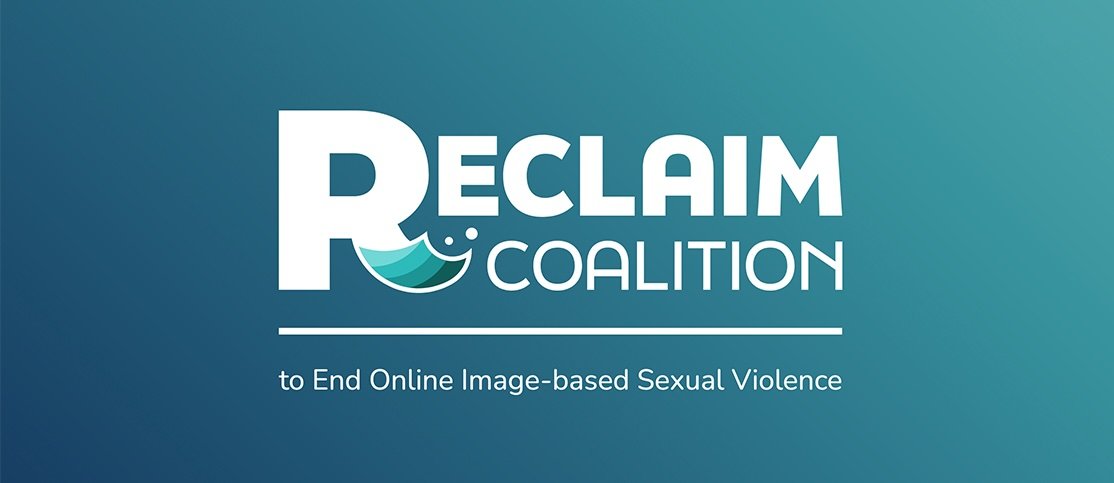
By the time you finish reading this blog, countless images will be uploaded, shared, and consumed online. For too many people, that means enduring the violation of having intimate images distributed without consent. This is the daily reality that survivors of image-based sexual abuse (IBSA) face— and a growing risk for anyone living in an increasingly digital world, whether they are aware they’ve been targeted or not. It is this urgent, often invisible violation of consent that Panorama Global set out to address five years ago.
In a recent reflection, Panorama Founder and CEO Gabrielle Fitzgerald shared how we’ve helped advance this issue since 2020, and how Panorama, as an issue catalyst, pursued strategic interventions to spotlight the problem, support survivor leadership, and convene cross-sector actors into a united front.
As we transition from our role in this space, this companion piece offers a closer look at why this work mattered, and what lies ahead for the field we helped support.
Progress was not solely marked by new reports, coalitions, or laws — though those outcomes are significant. What truly distinguished our work was how we approached it: as connectors, amplifiers, and bridge-builders.
Early on, it was clear that this was not a field with well-established infrastructure. Survivor leaders were working in silos, researchers and funders lacked coordination, and policymakers were grappling with rapidly evolving technologies. Many of these stakeholders had never met in-person or regularly collaborated. In this fragmented landscape, Panorama’s role was to build connective tissue — across borders, sectors, and experiences — to turn isolated actors into an aligned ecosystem.
We centered lived experience in real, tangible ways. We supported survivor-led organizations with capacity-building and coaching, and helped convene a global summit of survivor leaders, a milestone event for the field that seeded what would become The Reclaim Coalition to End Online Image-based Sexual Violence.
This is catalytic work in action: creating the conditions for others to lead, expand, and sustain momentum.
Between 2020 and 2025, the field began to find its voice and expand its influence. Highlights include:
At every step, survivors were not just present — they were leading.
We are entering a new era in the fight against IBSA, and it demands staying power and scalable solutions. Several promising opportunities are on the horizon:
Panorama’s approach is to “step in when we identify an overlooked issue ripe for progress, and step back when circumstances change.” After five years of foundational work, we are now stepping back. But the momentum continues. The work is evolving, expanding, and deepening in the hands of survivor leaders, dedicated organizations, and new allies entering the field.
This is not an exit — it is a transition. We leave behind not only outputs, but enduring infrastructure: trusted relationships, tested strategies, and a growing network ready to carry this movement forward.
To those continuing the work: we are proud to have stood alongside you.
To those just joining: there has never been a better time to get involved.
Read Gabrielle Fitzgerald’s reflection on our five-year journey to end image-based sexual abuse.
Download the Philanthropic Action Guide and explore ways to support survivor leadership, global advocacy, and the push for tech accountability.
 Your Vision
Your Vision Our Platform
Our Platform Real impact
Real impactPanorama Global is a member of The Panorama Group.
Privacy Policy © 2026 Panorama Global. All rights reserved.
